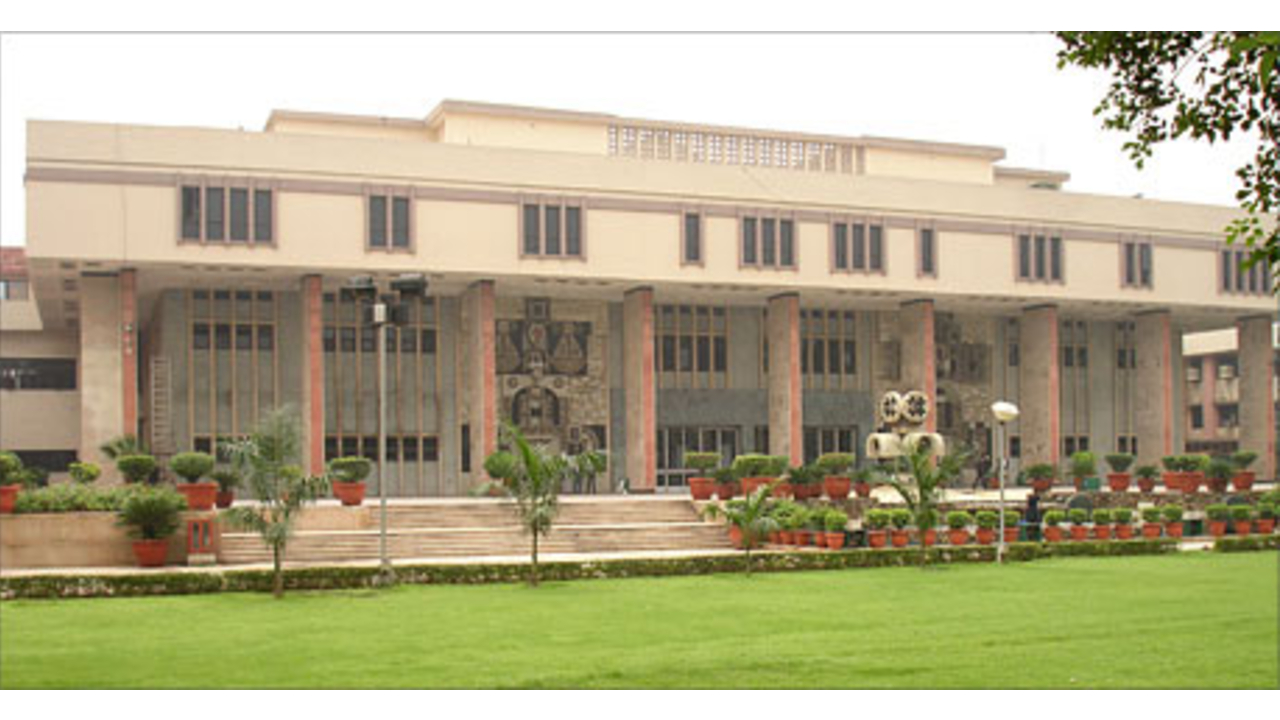Latest News
NLU Delhi just a state university, contends Delhi Govt with regards to 50% reservation for local people; Delhi HC reserves order

National Law University, Delhi is just a state university and not a "national" university of excellence, contended the Delhi government today as it looked to counter the dispute that the proposed 50% reservation at the varsity for localities would sabotage its national character (Balvinder Sangwan and Ors versus GNCT of Delhi and Ors).
A Division Bench of Justice Hima Kohli and Subramonium Prasad was hearing the petition filed by three undergraduate students of National Law University, Delhi (NLU Delhi) against the implementation of 50% reservation at the University for competitors who have cleared their passing assessments from an establishment in Delhi.
Ramesh Singh, Standing Counsel for the Delhi government, contended that NLU Delhi was not a Central university or a national establishment of excellence, and was just a state university which came into being based on the Act sanctioned by the Delhi legislature.
The Delhi government contended that the reservation strategy was as per the NLU Delhi statute, in assistance of Article 41 of the Constitution. Senior Advocate Neeraj Kishan Kaul today fervently contended that the Delhi government "arm-twisted" the University administration into revealing the reservation for localities, infringing upon the NLU Delhi Act.
Kaul alluded to the communication between the University organization and the Delhi government to contend that the later had made the release of grants and funds to the University dependent upon the scheme of reservation for Delhi-based students.
It was added that the choice to reveal the impugned reservation was taken without anticipating the choice of a committee headed by Supreme Court judge, Justice NV Ramana on the issue of domicile reservation at NLU Delhi.
On being questioned concerning why the University decided to practice its emergency power under the NLU Delhi Act to present the reservation strategy from this scholarly year itself, Advocate Sanjay Vashishth, counsel for NLU Delhi, informed the Court that the University was under a commitment to do as such taking into account the requests of grants to develop infrastructure.
Kaul contended that the rules of clearing the "qualifying assessment" from an institute in Delhi were not substantial, as it might prohibit a Delhiite who moves to another city for his tenth/twelfth standard schooling. After hearing the parties finally, the Court reserved its order on the point of granting the interim award.
Document:



































































































